Thursday’s announcement that ABP has bought out the Fane Valley interest in red meat processing in Slaney, Irish Country Meats and Linden Foods in Northern Ireland (NI) and Britain won’t be a major shock to farmers.
The joint venture (JV) was announced late in 2015 when ABP acquired the Allen family shares in the Slaney/ICM business which had been operated as a JV between Linden and the Allens up to that point.
There was surprise at the time that Linden, which at that point was wholly-owned by the NI-based farmer owned co-op, didn’t step in to acquire the remainder of the Slaney/ICM business, rather than leaving it open for ABP to get involved.
Acquisition
When the deal was announced, the question was how long would it last as a JV and whether ABP would move quickly for the rest of the business.
The subsequent acquisition of a 50% interest in Linden foods by ABP suggested not very long, but when the deal is complete it will have operated for five years.
Integration of the businesses
During that time, there was considerable integration of the business particularly from a selling perspective.
Linden came into the arrangement with a strong portfolio of its own customers centred on Marks & Spencer, but they, and probably even more so Slaney, were immediately able to tap into ABP’s extensive network of global customers in addition to those in the UK and rest of Europe.

Irish Country Meats lamb factory Camolin (pictured) plus their factory in Navan means ABP will now have 40% of sheep meat kill in Republic of Ireland and an even higher share in Northern Ireland.
The administration of the JV functioned separately from the rest of ABP, with annual accounts continuing to be published.
Procurement
Prior to the JV, ABP had no interest in sheepmeat processing in the Republic of Ireland, with the ABP Lurgan factory its only sheep business on the island of Ireland.
With the ending of the JV and full control of the two ICM factories, it means that ABP has 40% of the Irish sheep kill south of the border, while, in NI, ABP Lurgan operates alongside Dunbia and Linden, which will be now fully integrated into ABP.
While there are a couple of smaller abattoirs that handle some sheep, ABP will be the dominant player for sheep across the island of Ireland.
A feature of sheep trade on the island if Ireland has been the sourcing of 400,000 lambs annually in NI by southern factories and ICM has been to the forefront of this.
This policy continued during the JV, often to the irritation of the NI factories, and it will be interesting to see if this continues now that ABP is in full control.
Dominant player
For cattle, ABP is now the dominant player in NI, with factories in Newry, Co Down; Lurgan, Co Armagh; and Dungannon, Co Tyrone.
Between them, they will have over 40% of the NI kill, putting them in a dominant position. There is an additional abattoir in the north of England.
In the Republic of Ireland, the Slaney factory is consistently among the highest cattle kills in the country, handling 85,000 to 90,000 annually.
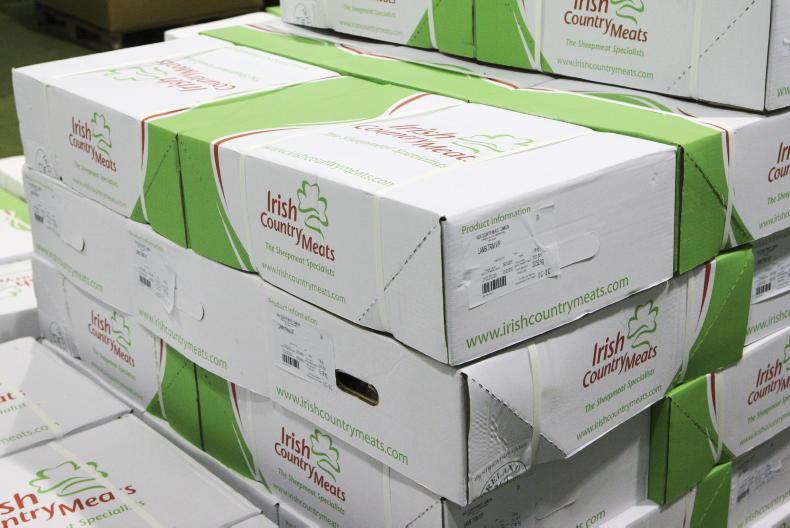
Irish Country Meats, bring strong EU sheep meat marketing expertise to the ABP group
ABP will now have seven factories in the Republic of Ireland, with an estimated 26% share of the national kill as estimated by an IFA/PMCA report in 2016, with the share rising significantly when cows are excluded.
What happens now?
At this stage, the deal is agreed between Fane Valley and ABP subject to regulatory approval and the competition authorities will be notified in London and Brussels.
This also happened for the original JV in 2016 when approval was granted.
When using a notification about a JV moving to sole ownership, a simplified notification to the authorities may be sufficient, particularly as there was full consideration given in 2016.
The JV was robustly opposed by the IFA in 2016, but it went ahead despite farmer opposition.
Further consolidation
With ABP acquiring the Fane Valley share of the JV, it now means that the final farmer-owned element of meat processing on the island of Ireland has ended.
Processing of cattle and sheep is now concentrated between three large groups - ABP, Dawn/Dunbia and Kepak, which between them dominate processing, not just on the island of Ireland, but in Britain as well.
There remains a number of large standalone factories, such as Moy Valley, Eurofarm, Kildare Chilling, Foyle, Liffey and WD Meats.
They are often the subject of speculation of takeover by one of the 'big three'.
However, the next move may not be confined to Ireland or Britain.
Mercosur in the background
With a Mercosur trade deal in the background, it would be no surprise if one of the large global players was to see acquisition of one of our groups of red meat processors as a gateway to the lucrative UK and EU market.
JBS, the world’s largest meat processor with revenue of $52.3bn (€43.6bn) in 2020, was reported to be looking at Irish companies in the past.
It already owns the Moy Park poultry business in NI and just last month agreed the purchase of Vivera, a Dutch plant-based food manufacturer with listings in several UK supermarkets, for €341m.
It would be no surprise if a major Irish processor was a future target for them or indeed one of the other major global players.
Read more
ABP to buy out remainder of Slaney, ICM and Linden
Long read: Where is the proposed ABP-Slaney deal going?
Thursday’s announcement that ABP has bought out the Fane Valley interest in red meat processing in Slaney, Irish Country Meats and Linden Foods in Northern Ireland (NI) and Britain won’t be a major shock to farmers.
The joint venture (JV) was announced late in 2015 when ABP acquired the Allen family shares in the Slaney/ICM business which had been operated as a JV between Linden and the Allens up to that point.
There was surprise at the time that Linden, which at that point was wholly-owned by the NI-based farmer owned co-op, didn’t step in to acquire the remainder of the Slaney/ICM business, rather than leaving it open for ABP to get involved.
Acquisition
When the deal was announced, the question was how long would it last as a JV and whether ABP would move quickly for the rest of the business.
The subsequent acquisition of a 50% interest in Linden foods by ABP suggested not very long, but when the deal is complete it will have operated for five years.
Integration of the businesses
During that time, there was considerable integration of the business particularly from a selling perspective.
Linden came into the arrangement with a strong portfolio of its own customers centred on Marks & Spencer, but they, and probably even more so Slaney, were immediately able to tap into ABP’s extensive network of global customers in addition to those in the UK and rest of Europe.

Irish Country Meats lamb factory Camolin (pictured) plus their factory in Navan means ABP will now have 40% of sheep meat kill in Republic of Ireland and an even higher share in Northern Ireland.
The administration of the JV functioned separately from the rest of ABP, with annual accounts continuing to be published.
Procurement
Prior to the JV, ABP had no interest in sheepmeat processing in the Republic of Ireland, with the ABP Lurgan factory its only sheep business on the island of Ireland.
With the ending of the JV and full control of the two ICM factories, it means that ABP has 40% of the Irish sheep kill south of the border, while, in NI, ABP Lurgan operates alongside Dunbia and Linden, which will be now fully integrated into ABP.
While there are a couple of smaller abattoirs that handle some sheep, ABP will be the dominant player for sheep across the island of Ireland.
A feature of sheep trade on the island if Ireland has been the sourcing of 400,000 lambs annually in NI by southern factories and ICM has been to the forefront of this.
This policy continued during the JV, often to the irritation of the NI factories, and it will be interesting to see if this continues now that ABP is in full control.
Dominant player
For cattle, ABP is now the dominant player in NI, with factories in Newry, Co Down; Lurgan, Co Armagh; and Dungannon, Co Tyrone.
Between them, they will have over 40% of the NI kill, putting them in a dominant position. There is an additional abattoir in the north of England.
In the Republic of Ireland, the Slaney factory is consistently among the highest cattle kills in the country, handling 85,000 to 90,000 annually.

Irish Country Meats, bring strong EU sheep meat marketing expertise to the ABP group
ABP will now have seven factories in the Republic of Ireland, with an estimated 26% share of the national kill as estimated by an IFA/PMCA report in 2016, with the share rising significantly when cows are excluded.
What happens now?
At this stage, the deal is agreed between Fane Valley and ABP subject to regulatory approval and the competition authorities will be notified in London and Brussels.
This also happened for the original JV in 2016 when approval was granted.
When using a notification about a JV moving to sole ownership, a simplified notification to the authorities may be sufficient, particularly as there was full consideration given in 2016.
The JV was robustly opposed by the IFA in 2016, but it went ahead despite farmer opposition.
Further consolidation
With ABP acquiring the Fane Valley share of the JV, it now means that the final farmer-owned element of meat processing on the island of Ireland has ended.
Processing of cattle and sheep is now concentrated between three large groups - ABP, Dawn/Dunbia and Kepak, which between them dominate processing, not just on the island of Ireland, but in Britain as well.
There remains a number of large standalone factories, such as Moy Valley, Eurofarm, Kildare Chilling, Foyle, Liffey and WD Meats.
They are often the subject of speculation of takeover by one of the 'big three'.
However, the next move may not be confined to Ireland or Britain.
Mercosur in the background
With a Mercosur trade deal in the background, it would be no surprise if one of the large global players was to see acquisition of one of our groups of red meat processors as a gateway to the lucrative UK and EU market.
JBS, the world’s largest meat processor with revenue of $52.3bn (€43.6bn) in 2020, was reported to be looking at Irish companies in the past.
It already owns the Moy Park poultry business in NI and just last month agreed the purchase of Vivera, a Dutch plant-based food manufacturer with listings in several UK supermarkets, for €341m.
It would be no surprise if a major Irish processor was a future target for them or indeed one of the other major global players.
Read more
ABP to buy out remainder of Slaney, ICM and Linden
Long read: Where is the proposed ABP-Slaney deal going?






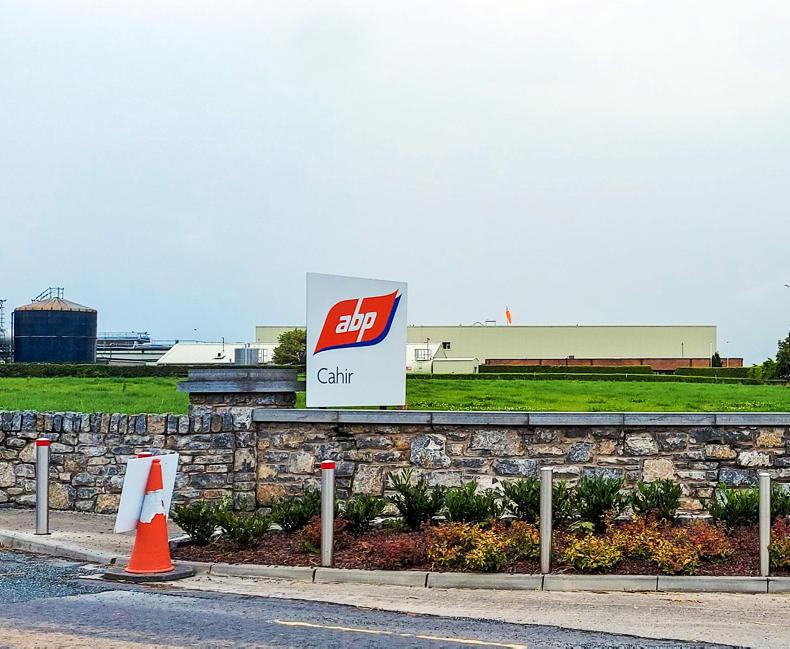
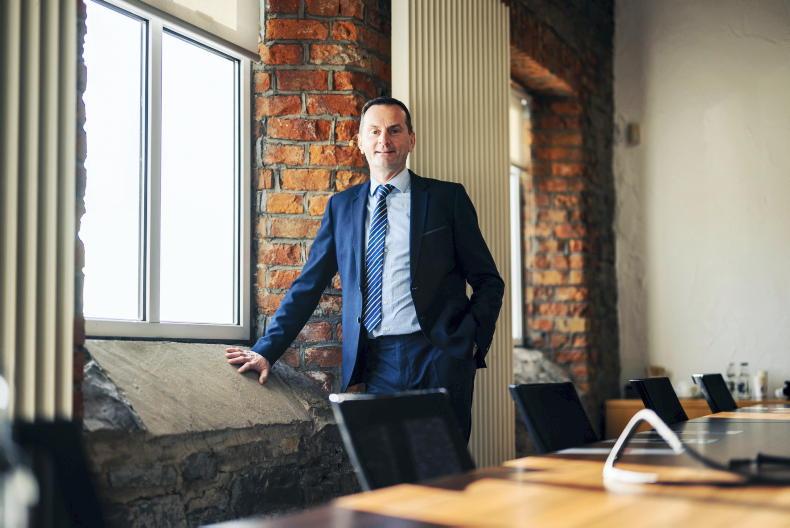
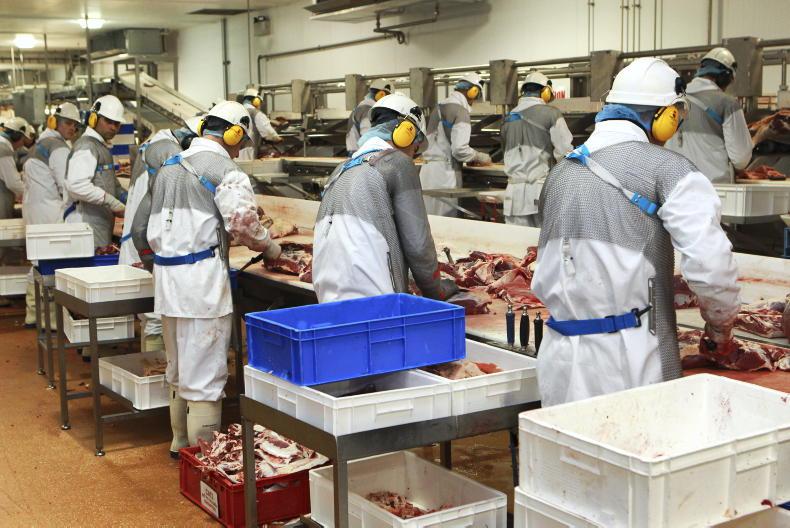
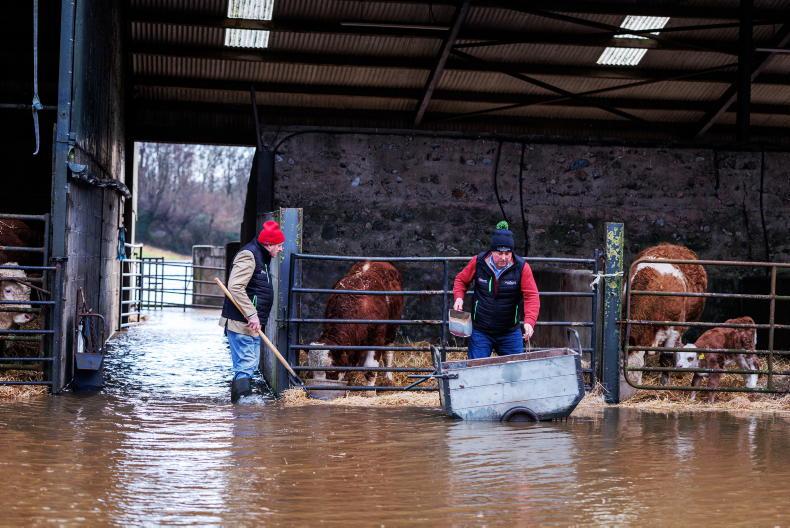
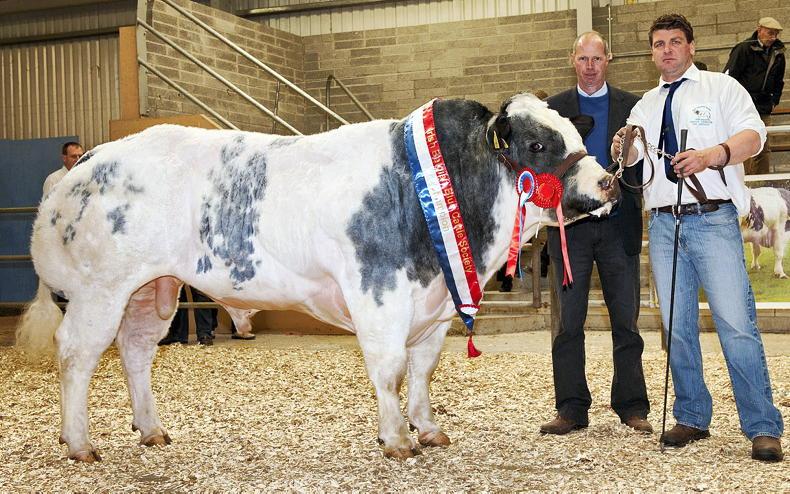
SHARING OPTIONS